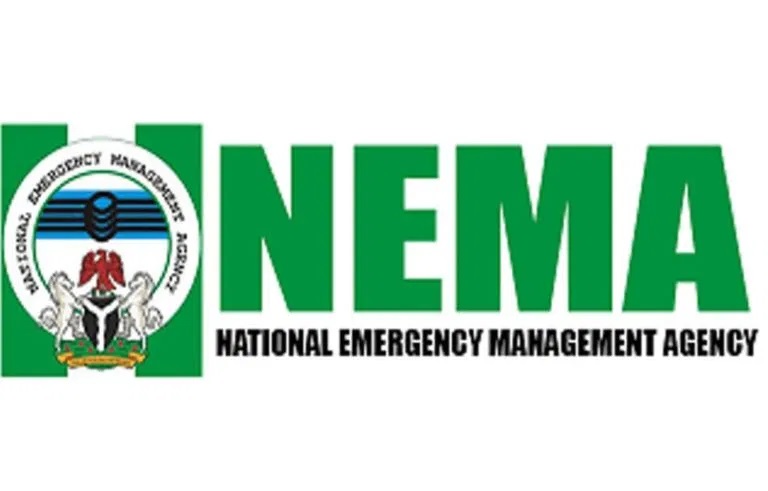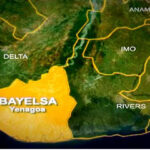Director-General, National Emergency Management Agency (NEMA) says state governments are ignoring reports on flood warnings sent to them.
He spoke in Abuja yesterday at a strategic workshop with stakeholders on disaster risk reduction and management held in Abuja.
Ayade locks out gov’t house workers for lateness
Osinbajo to represent Nigeria as world leaders invited to Queen Elizabeth’s funeral
He had, last week, said flash floods had killed 372 Nigerians in 33 states and the Federal Capital Territory within the last eight months.
Ahmed said yesterday that flooding was hitting hard as incidents kept rising across the country.
He said NEMA received over 50 flood disaster alerts on a daily basis, with more 100 communities affected.
He said if the states had taken the reports sent to them seriously, there would have been improvements.
“Maybe they’re not taking the reports we’ are sending to them very seriously. Immediately NiMet releases a report, we send the risk mapping to states, identifying risk areas that will be hit by disaster. So, these states have all this information. With all this information, we believe states are to develop mitigation strategy,” he said.
He said since the first responders were always the local governments, NEMA had asked states to set up local emergency management committee.
He said: “We get more than 50 alerts in a day, we get more than 100 communities hit in one day. So, the situation is very bad and it keeps on going up. But we pray in the next few weeks, things will recede a bit, but disaster has really hit hard worse than 2012 and it is still going up.
“The numbers are still going up based on seasonal climate prediction and annual flood outlook released by NiMet and NIHSA. So, the figures are still going up and communities are seriously affected,” he said.
Ahmed said floods, windstorms, drought, erosion, epidemic, conflict and banditry were threats to achieving the Sustainable Development Goals (SDGs) 2030.
He said the hazards were aggravated by climate change and extreme weather conditions which constituted major drivers for recurring disasters in Nigeria.

 Join Daily Trust WhatsApp Community For Quick Access To News and Happenings Around You.
Join Daily Trust WhatsApp Community For Quick Access To News and Happenings Around You.

